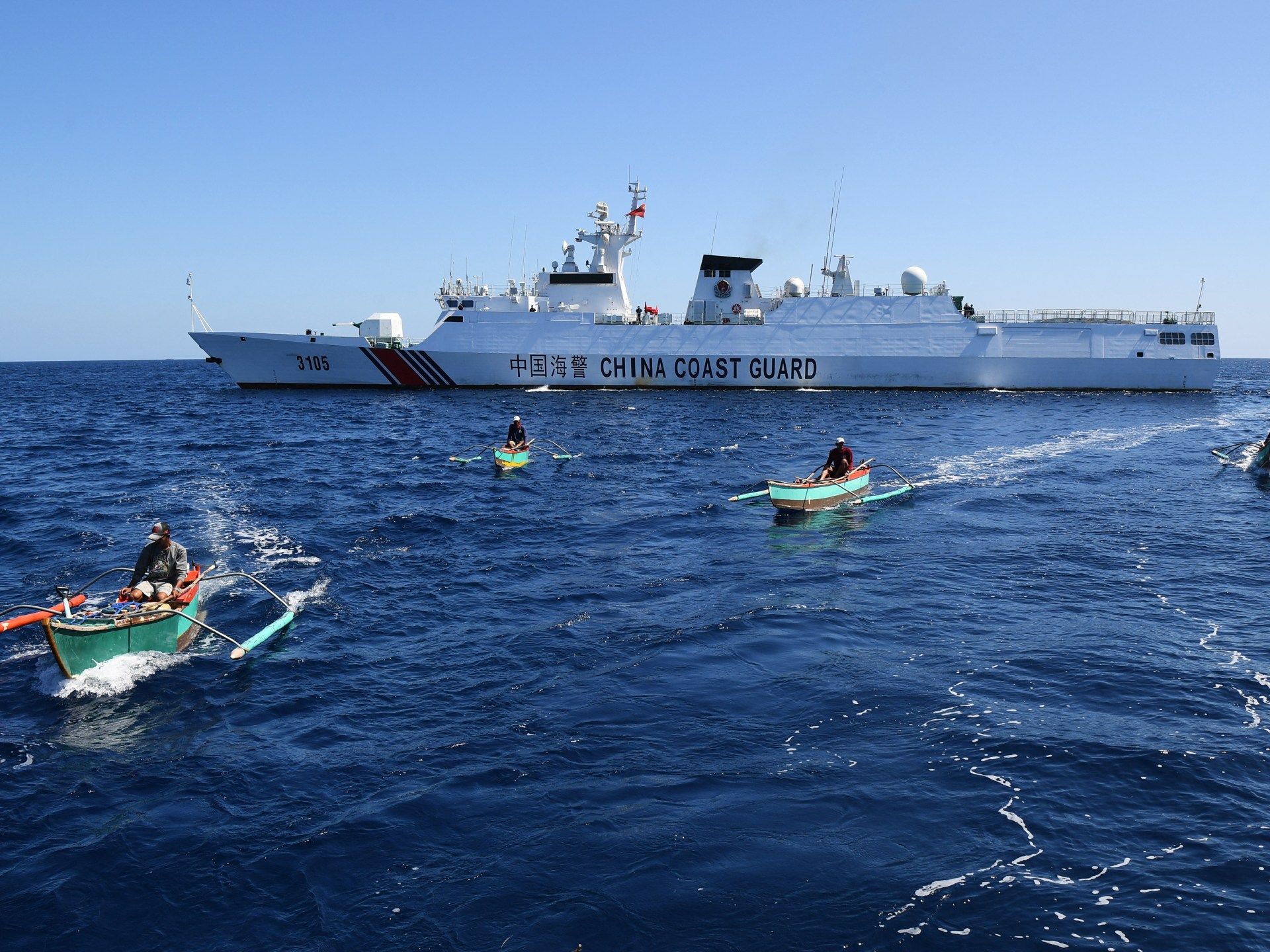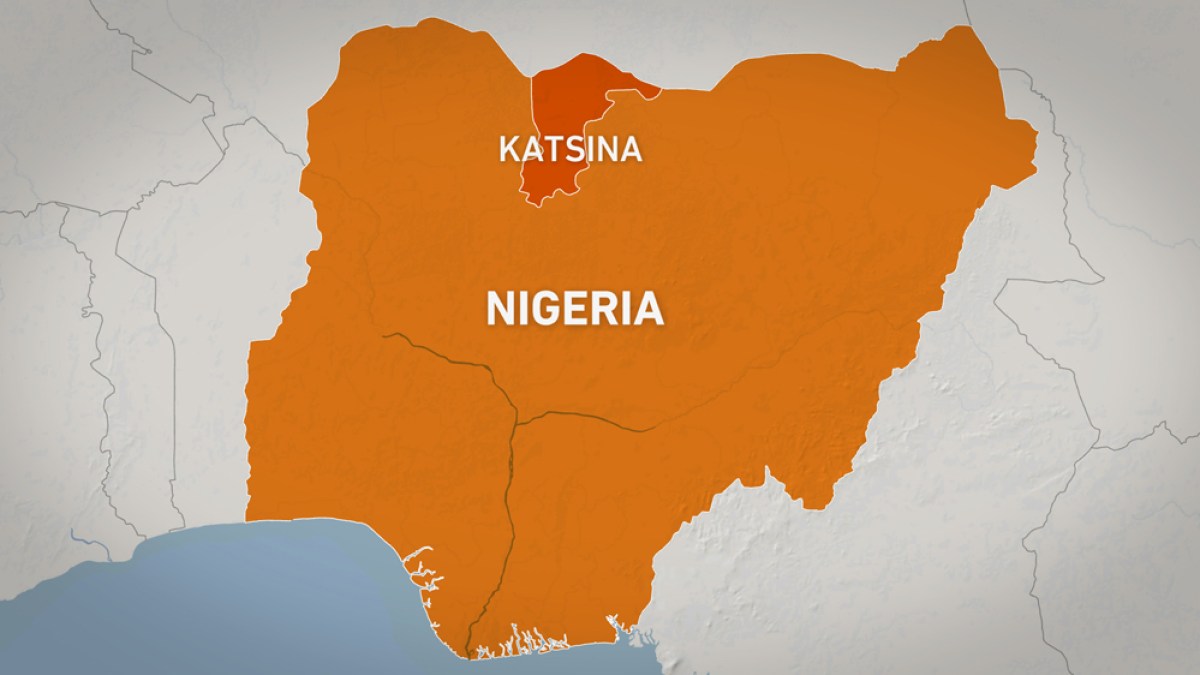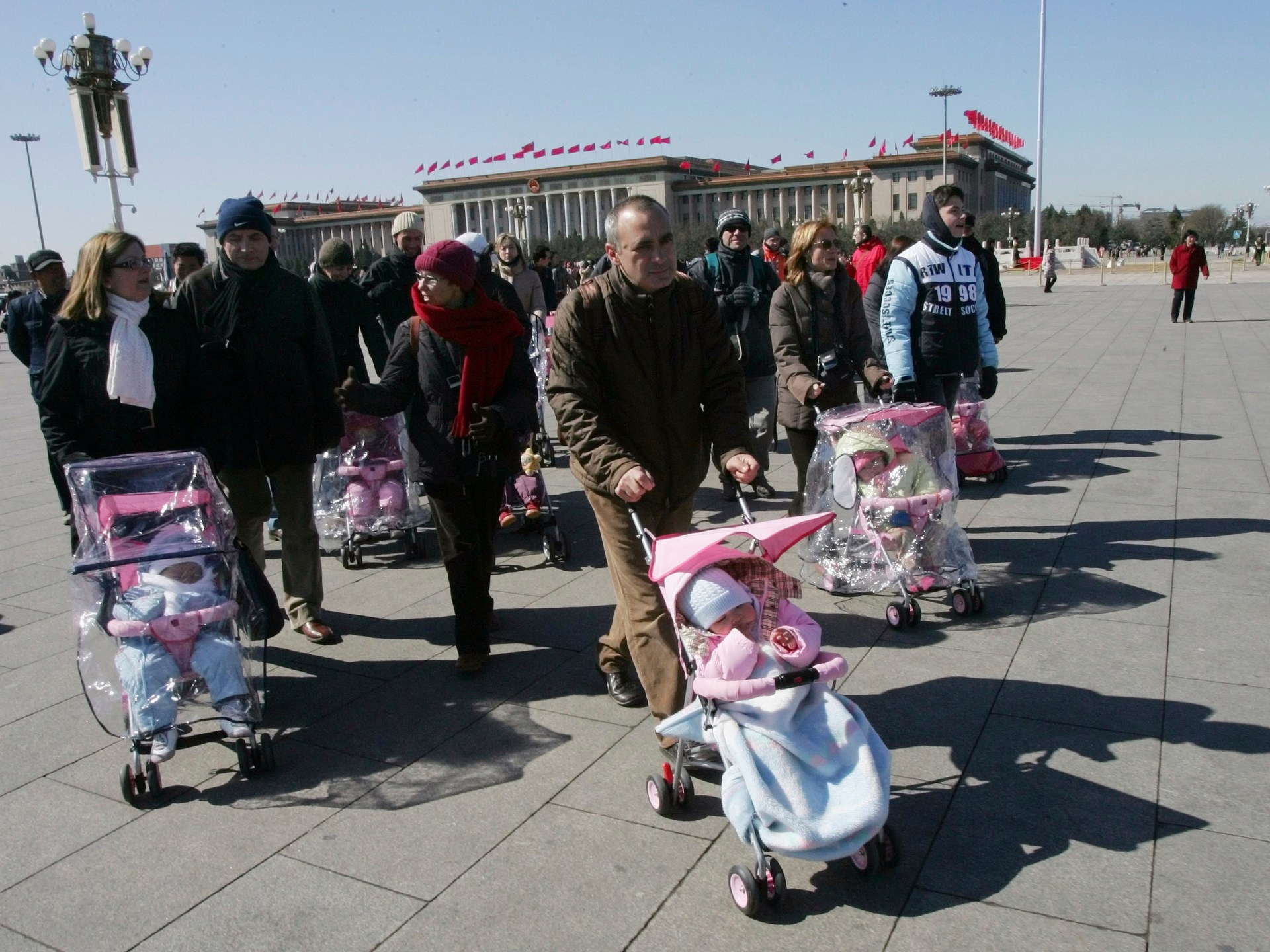The Philippines makes a new legal submission to the UN, asserting its own rights and challenging China's claim.
New maritime rules issued by China allowing its coast guard to detain foreigners for trespassing in the disputed South China Sea have come into force, but neighboring countries are questioning their international legitimacy.
China claims almost the entire South China Sea, ignoring competing claims by several Southeast Asian countries, including the Philippines, and a 2016 ruling by an arbitration court in The Hague, which declared its position had no legal basis.
The Chinese government has been deploying the country's coast guard and other ships to patrol the waters it claims as its own and has turned several reefs into militarized artificial islands. In recent years, Chinese and Philippine vessels have had a series of clashes in disputed areas that have raised fears of a broader conflict.
Starting Saturday, China's coast guard can detain foreigners “suspected of violating border entry and exit management,” according to new rules published online.
Detention for up to 60 days is allowed in “complicated cases,” they say. “Foreign ships that have illegally entered China's territorial waters and adjacent waters may be detained.”
Philippine President Ferdinand Marcos Jr last month called the new rules a “very worrying” escalation. And on Saturday, the Philippine Department of Foreign Affairs announced that it had filed legal documents with the United Nations in New York asserting its own “maritime right” under U.N. maritime rules to an extended continental shelf in parts of the South China Sea. . which is referred to as the West Philippine Sea.
The Philippines accused the Chinese coast guard of “barbaric and inhuman behavior” against Philippine vessels after coast guard vessels used water cannon against Philippine vessels several times in the disputed waters. There have also been collisions in which Filipino soldiers were injured.
Philippine military chief Gen. Romeo Brawner told reporters Saturday that authorities in Manila were “discussing a series of measures to be taken so that we can protect our fishermen.”
Filipino fishermen were also told “not to be afraid, but just go ahead with their normal activities to fish there in our Exclusive Economic Zone,” ignoring Beijing's new rules, Brawner said.
The Group of Seven (G7) bloc of powerful economies on Friday also criticized what it called “dangerous” incursions by China into the vital waterway, where Vietnam, Malaysia and Brunei also have overlapping claims in parts.
Trillions of dollars in maritime trade pass through the South China Sea annually, and huge deposits of untapped oil and gas are believed to lie beneath its seabed, although estimates vary widely.
The sea is also important as a source of fish for growing populations.
China has defended its new coast guard rules. A Foreign Ministry spokesman said last month that they aimed to “better maintain order at sea”, while the Chinese defense minister warned this month that there were “limits” to Beijing's restraint in the China Sea. Southern.
China has also been angered in the past by U.S. and other Western warships sailing through the South China Sea.
The U.S. Navy and others undertake such voyages to assert freedom of navigation in international waters, but Beijing views them as violations of its sovereignty.
Chinese and US forces have had a series of close encounters in the South China Sea.












